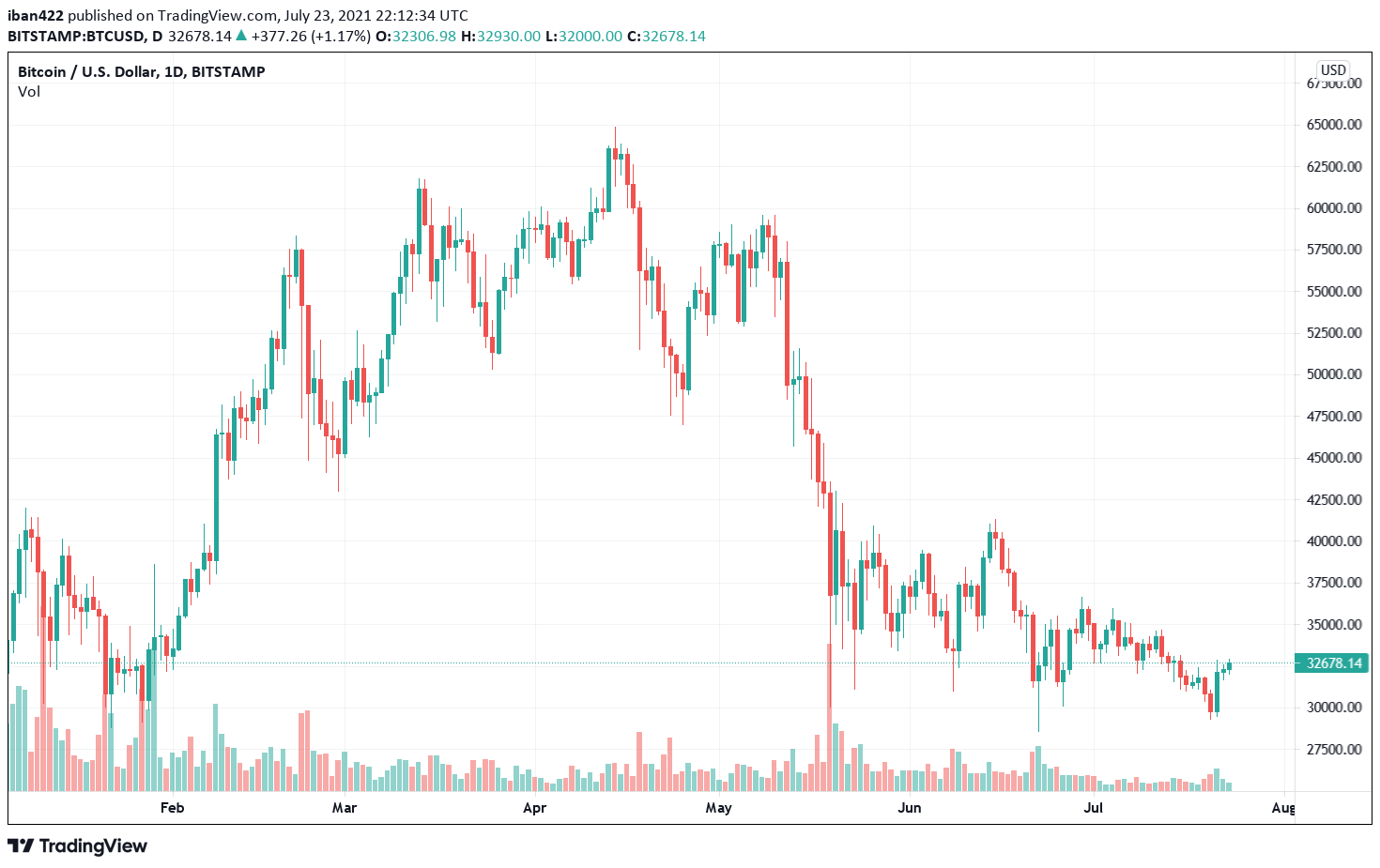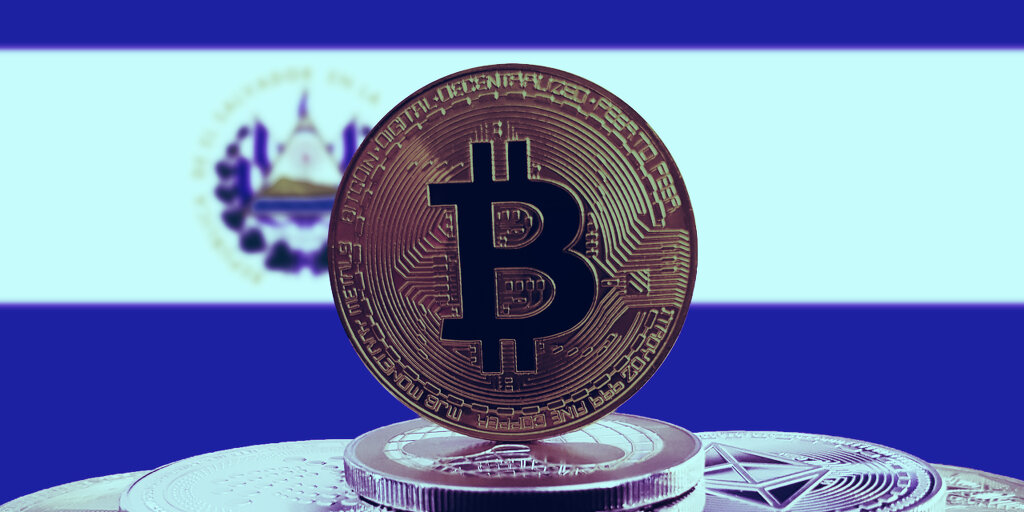Despite a three-month restriction on protests, a group of El Salvadorians comprised of leftist unions, student organisations, and others gathered at the Legislative Assembly to denounce the country’s acceptance of Bitcoin as its official currency.
El Salvadorians Are Divided On Bitcoin Adoption
A group of demonstrators gathered outside El Salvador’s National Assembly to express their displeasure with President Nayib Bukele’s Bitcoin Law, which would make bitcoin (BTC) legal tender as of September.
In the country’s media, opposition voices have made their emotions known, with most of them critical to Bukele and what they see as an increasingly dictatorial rule.
Bukele used his Nuevas Ideas party’s huge majority in the assembly to practically steamroll the measure through parliament in a matter of days. Efforts by the opposition to use the courts to stop the bill have so far failed, however critics claim this is partly due to Bukele’s replacement of formerly hostile judges with legal experts sympathetic to his populist cause.
Following Bukele’s meteoric climb to the top of Salvadorian politics, left-wing parties in the country have become fragmented and disorganized. However, as many polls revealed that the majority of El Salvadorians oppose the BTC law, they have attempted to coalesce under the banner of opposition to the law. Many company owners are put off by the prospect of being forced to accept BTC payments if clients demand it. This BTC can, however, be promptly turned into USD if desired.
Forkast.News recently reported that less than 20% of respondents approved of the Bitcoin adoption plan, according to a survey of 1,233 people across the nation. Furthermore, nearly 65% of respondents said they would not be open to having their salaries paid in Bitcoin.
El Salvadorians wave posters declaring “no to Bitcoin” on the streets of San Salvador, according to a Tuesday tweet from local news outlet El Mundo, calling for the country’s Bitcoin law to be repealed. After first seeing the demonstrators separated by a razor wire fence, legislative assembly members Anabel Belloso and Dina Argueta addressed them.
RT @SusanaPenate: Miembros del Bloque de Resistencia y Rebeldía Popular llegaron a presentar una propuesta de derogar la Ley Bitcoin. Salen a recibirlos Dina Argueta y Anabel Bellosopic.twitter.com/CXFLDW4tsr
— Diario El Mundo (@ElMundoSV) July 20, 2021
In a video shared by the newspaper La Prensa Gráfica, protesters were shown carrying banners reading:
“We don’t want bitcoin in El Salvador.”
Other banners read “The bitcoin law = money laundering,” and “No to bitcoin!”
Related article | Summing Up The JP Morgan Report On Bitcoin In El Salvador
Bitcoin Adoption Is Unsafe, Protestors Argued
“It is a law that generates legal insecurity and that could be used to defraud users and also facilitate money and asset laundering,” said activist Idalia Zuñiga.
Another protestor expressed her concerns about Bitcoin’s price volatility. “For those earning a minimum wage, in one moment you may have $300 in Bitcoin and the next day those $300 can turn into $50,” she said, before pointing to BTC’s price plunge from a high of $63,595 in April to half that today.
However, the group’s major complaint about the Bitcoin legal framework appeared to be based on a perceived inequality in the government’s use of the cryptocurrency compared to the typical El Salvadorian. The Popular Resistance and Rebellion Block organization said in a letter distributed at the protest that President Nayib Bukele passed the law making cryptocurrencies legal tender in the country without sufficient consultation with the people.
Protesters said Bitcoin “only serves some large businessmen, especially those linked to the government, to launder ill-gotten money. Entrepreneurs who put their capital in Bitcoin will not pay taxes on their earnings,” said the letter. “In addition, to apply Bitcoin the government will spend millions of dollars of the taxes paid by the people.”
The law recognizing Bitcoin as legal currency in El Salvador was passed by the government and signed into law by Bukele in June, but it will not take effect until September 7. The protest was organized by the Popular Resistance and Rebellion Block, who demanded that the law be repealed. Furthermore, due to El Salvador’s “environmental and transparency issues,” the World Bank had declined to assist the country in transitioning to a Bitcoin-friendly framework.

BTC/USD spending another month below $40k. Source: TradingView
Related article | President Nayib Bukele Explains El Salvador’s Bitcoin Law
Featured image from Pixabay, Charts from TradingView










